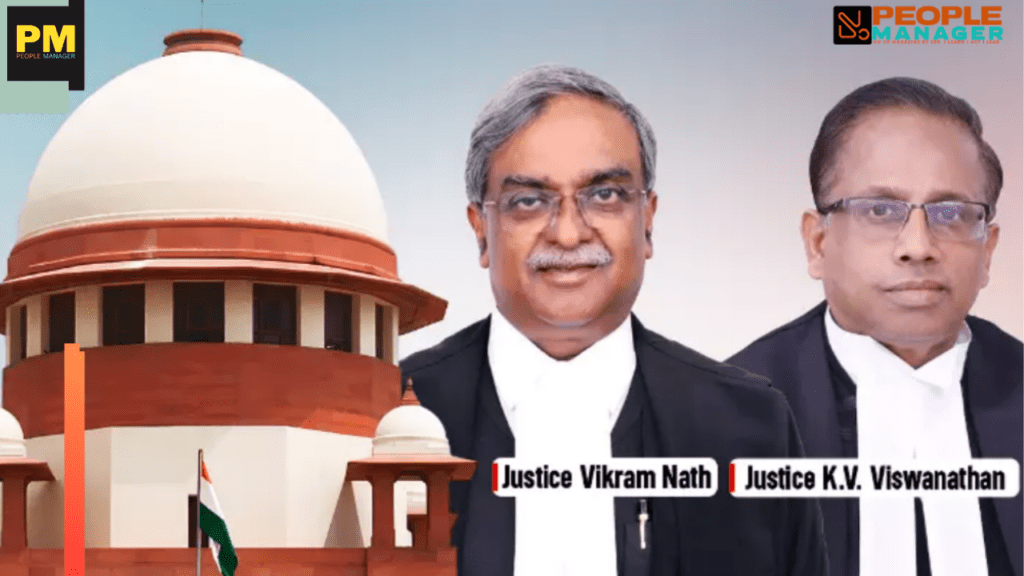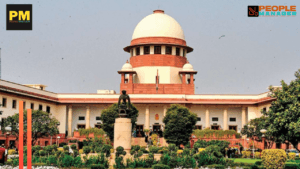Employee Appointed Through Valid Process Can’t Be Denied Regularization If Performing Permanent Role For Considerable Time: SC
The Supreme Court ruled that employees serving continuously in regular capacities should not be denied regularization based on procedural formalities. The court distinguished the case from Umadevi's, emphasizing valid selection processes. The decision directed the regularization of the appellants' services, highlighting the importance of following regular appointment (employee) procedures.

In a landmark judgment, the Supreme Court ruled that an employee appointed through a valid process cannot be denied regularization if they have been performing a permanent (employee) role for a considerable time. This ruling has significant implications for HR practices and labor rights in the country.
The Supreme Court ruled that employees serving continuously in regular capacities should not be denied regularization based on procedural formalities. The court differentiated this case from the Umadevi judgment, emphasizing the importance of a valid selection process. The employees’ long-term service and duties akin to those of regular employees warranted their reclassification to regular status. The court allowed the appeal, directing the regularization of the appellants’ services.
The case in question revolved around employees whose appointments were termed “temporary” but who had performed the same duties as regular employees over a significant period. The Supreme Court held that procedural formalities cannot be used to deny these employees the regularization of service. This judgment effectively sets aside the High Court’s decision, which had declined to regularize the employment of these employees.
The Supreme Court’s ruling is grounded in the principle of fairness and equality. It recognizes that employees who perform the same duties and responsibilities as their regular counterparts should not be denied the same rights and benefits simply because their appointment was initially termed “temporary”. This judgment underscores the importance of substance over form in employment relationships.
The implications of this ruling for HR practices are profound. It sends a clear message to employers that they cannot use procedural loopholes to deny employees their rightful status and benefits. Employers must now review their employment practices to ensure that they are in line with this judgment. They must ensure that employees who are performing permanent roles, regardless of the terms of their appointment, are given the same rights and benefits as regular employees.
This judgment also has significant implications for labour rights. It affirms the rights of temporary workers and strengthens the legal protections available to them. It sends a strong message that the law will not tolerate unfair employment practices that deprive workers of their rightful status and benefits.
Stay tuned, to PropleManager.co.in for further updates on the evolving workplace paradigm.
Value our content… contribute towards our growth. Even a small contribution per month would be of great help to us. Since our establishment, we have been serving the industry through daily news and updates.
Our content is free for all, and we plan to keep it that way
Support the People Manager. Pay Here
- Pernod Ricard India introduces Cheers VRorld, an industry-first VR-powered onboarding experience in the Alco-Bev sector - February 11, 2026
- Jio-bp Appoints Sareeta Bhatikar as Chief Human Resources Officer to Steer Next Phase of Growth - February 11, 2026
- India Keeps Hiring as Global Markets Slow: Michael Page India Salary Report-26 - February 6, 2026








